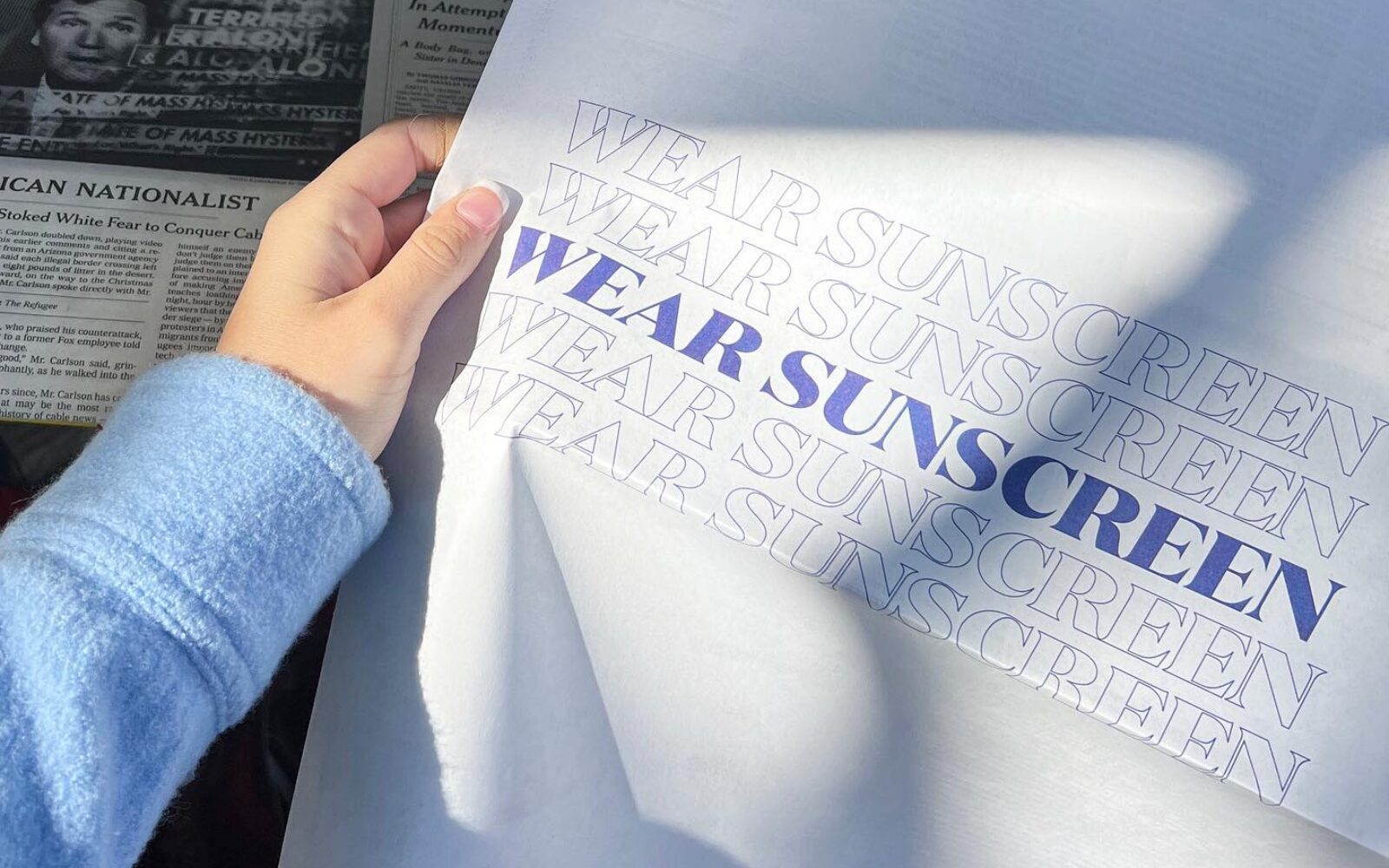Living in an endlessly sunny environment can be glorious but it is not without danger
Over 80 per cent of skin cancers are caused by overexposure to harmful UV rays emitted from the sun and tanning apparatuses. Skin cancer forms when UV rays cause damage to the DNA in your skin cells and accumulate over time, forming into genetic mutations. There are three types of skin cancer: Basal cell carcinoma, squamous cell carcinoma and melanoma. Basal cell carcinoma and squamous cell carcinoma are categorised as non-melanoma skin cancer as they are easily removed. However, melanoma skin cancer is the deadliest as it can spread throughout the body to vital organs, making it extremely difficult to treat. Therefore, early detection and prevention are key.
View this post on Instagram
Staying sun-safe is vital in preventing melanoma – getting sunburnt just twice a year can double your chance of developing one. Be sure to wear – and regularly reapply – sunscreen, avoid the outdoors during the hottest times of day and shield your skin from the sun should you have to venture out. If you do get sunburnt, stay out of the sun until it heals, drink plenty of water and apply topical creams for pain relief if need be.
View this post on Instagram
You should regularly conduct a self-assessment to ensure you are aware if a new mole appears. When searching for signs of skin cancer stick to the ABCDE checklist: Asymmetry, Borders, Colour, Diameter and Evolve. Schedule a visit to your doctor if the mole is asymmetric with blurred borders; is multiple colours including black, brown and pink; is 6 or more millimetres in size; and if its appearance has recently changed. You should also inspect for non-melanoma skin cancers which can present as scabs or scaly sores that are taking a long time to heal. If you find something suspicious, don’t panic. Early-stage skin cancer is highly treatable – 98 per cent of patients survived their diagnoses when caught early.
Read Next: Six Dermatologist-Approved Sunscreens To Carry You Through Summer





